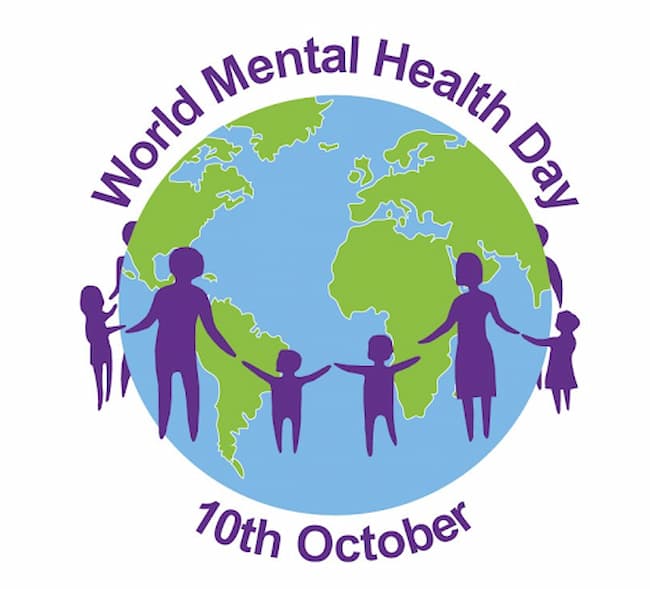World Mental Health Day, observed on October 10th, is a global campaign that aims to raise awareness about mental health issues and advocate for improved care. In Nigeria, a country coping with myriad socioeconomic issues, mental health has frequently been pushed to the margins.
However, as the nation evolves, there is a rising acknowledgment that mental health is an important component of overall well-being. This article examines the situation of mental health in Nigeria, focusing on the variables that contribute to its prevalence as well as the barriers that persons seeking help encounter.
The Average Nigerian’s Struggle: A Perfect Storm for Mental Health Issues
The average Nigerian experiences a unique blend of challenges that can significantly impact mental health. Economic instability, coupled with the rising cost of living, has placed a heavy burden on many. The relentless pursuit of sustenance can lead to chronic stress and anxiety. Additionally, the pervasive issue of unemployment, particularly among the youth, can contribute to feelings of hopelessness and despair.
Workload and Stress: The Toll on Mental Health
The Nigerian workforce often faces demanding workloads and long hours, leaving little time for rest and relaxation. This relentless pressure can lead to burnout, a condition characterized by physical, emotional, and mental exhaustion. Furthermore, the lack of a supportive work environment, coupled with workplace discrimination and harassment, can exacerbate mental health problems.
Poverty and Its Impact on Mental Health
Poverty is a pervasive issue in Nigeria, affecting millions of people across the country. The constant struggle to meet basic needs can lead to a range of mental health problems, including depression, anxiety, and substance abuse. Poverty can also limit access to healthcare, making it difficult for individuals to seek help for mental health issues.
Bad Government and Its Role in Mental Health
The quality of governance in Nigeria has a significant impact on the mental health of its citizens. Corruption, inefficiency, and lack of accountability can create a sense of hopelessness and despair. Additionally, the government’s failure to address critical social issues, such as education and healthcare, can further contribute to mental health problems.
Unemployment: A Growing Crisis
The high rate of unemployment in Nigeria, particularly among young people, is a major concern. The inability to find gainful employment can lead to feelings of isolation, low self-esteem, and depression. Furthermore, the fear of unemployment can create a constant state of anxiety and stress.
Hunger and Malnutrition: A Silent Threat to Mental Health
Hunger and malnutrition are serious issues in Nigeria, affecting millions of people. Inadequate nutrition can impair cognitive function and emotional well-being. Additionally, the constant worry about food insecurity can contribute to anxiety and depression.
Stigma and Discrimination: Barriers to Seeking Help
One of the biggest challenges facing individuals with mental health issues in Nigeria is stigma and discrimination. The fear of judgment and rejection can prevent people from seeking help, even when they are in dire need. Additionally, the lack of mental health professionals and adequate facilities can make it difficult to access treatment.
Conclusion
Mental health is a growing concern in Nigeria, with a wide range of factors contributing to its prevalence. The average Nigerian faces a unique set of challenges, including economic instability, unemployment, poverty, and the impact of bad governance. These factors, combined with stigma and discrimination, can create significant barriers to seeking help for mental health issues.
To address the mental health crisis in Nigeria, it is essential to raise awareness about the issue, reduce stigma, and invest in mental health services. Additionally, there is a need for comprehensive policies to address the underlying social and economic factors that contribute to mental health problems. By working together, we can create a more supportive and inclusive society for all Nigerians.












